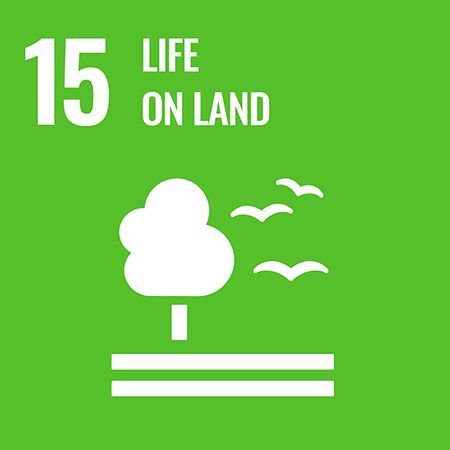SOils for Climate Change adapted Agriculture
Abstract
The 2019 IPCC report points to the urgent need of adapting land management to cope with climate change. In this context, the upcoming period of European CAP strives to promote cropping systems for better climate change mitigation and adaptation. Soil organic carbon (SOC) and soil biology are considered as essential levers towards a climate smart agriculture. Closing the SOC saturation deficit of agricultural soils enhances soil buffering power against crop abiotic stresses thereby co-optimizing climate change mitigation and adaptation. Negative environmental impacts of current agricultural land use including SOC loss can be mitigated by conservation practices. Transition from scientific evidences on conservation agriculture sustainability potentials towards effective gains at the farming system scale poses two major questions/challenges of high relevance for CAP and IPCC climate change mitigation and adaptation targets, i.e.: 1. What are the margins of improvement beyond current levels of sustainability? And 2. Does soil carbon sequestration lead to better climate change adaptation? The project SOCCA aims to determine the potential of pioneer farming systems to close soil carbon storage deficits in agricultural soils compared to current standard management systems, unravel the relevant underlying biological processes and identify pathways linking mitigation (SOC storage) advances towards improved crop adaptation to climate change related stresses.
- Soil organic matter
- Agriculture
- Climate change
- Drought Stress
- Soil biology
Project staff
Gernot Bodner
Priv.-Doz. Dr. Gernot Bodner
gernot.bodner@boku.ac.at
Tel: +43 1 47654-95115
Project Leader
01.10.2020 - 30.09.2024
Katharina Keiblinger
Priv.-Doz. Dipl.-Ing. Dr. Katharina Keiblinger
katharina.keiblinger@boku.ac.at
Tel: +43 1 47654-91141
Project Staff
01.10.2020 - 30.09.2024
BOKU partners
External partners

International Institute for Applied Systems Analysis
none
partner

